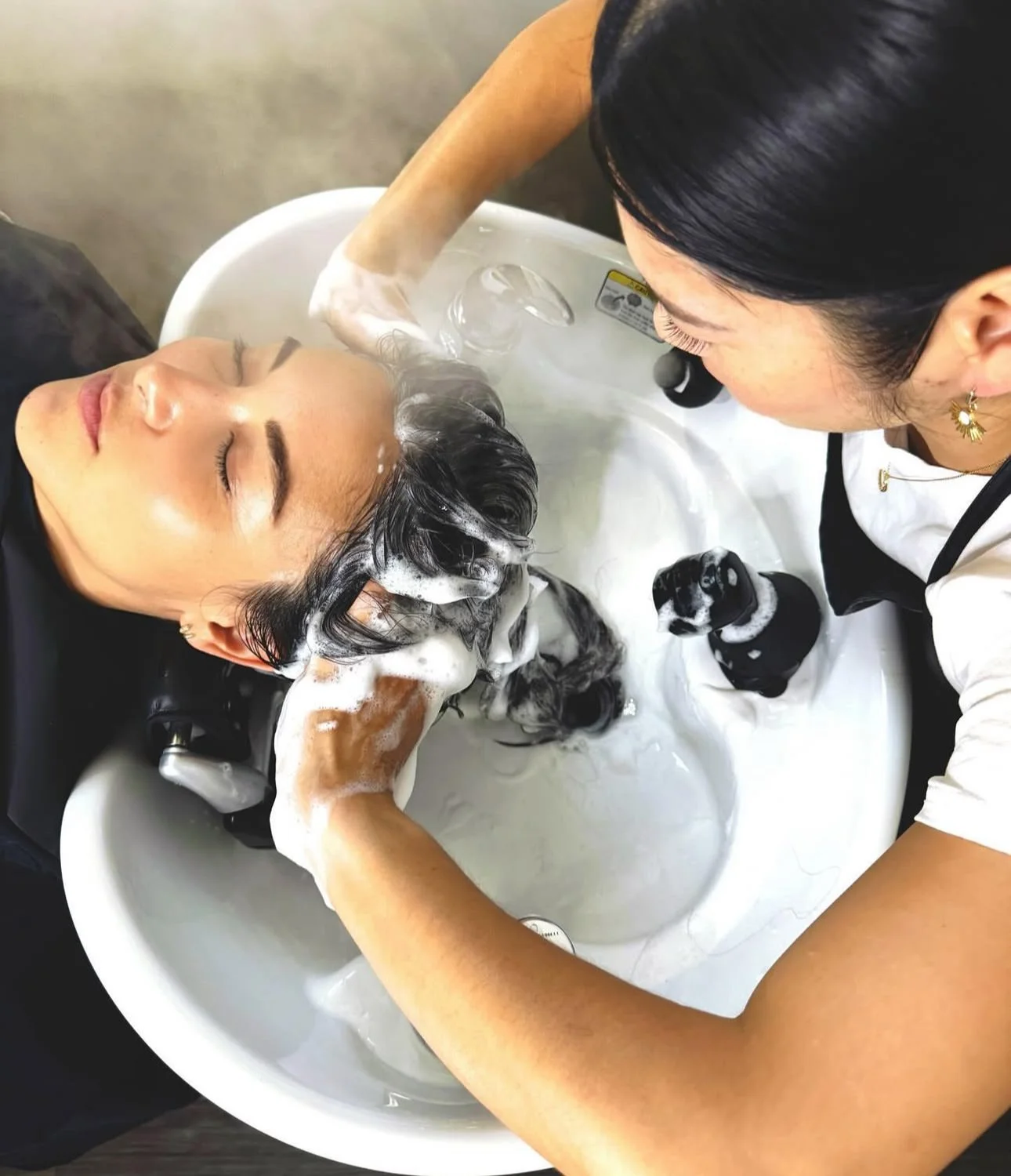5 Retail Trends for 2022
2022 has arrived and the fashion landscape continues to evolve. Over the course of the past 2 years, we’ve seen many retail stores close as a result of the pandemic, and the ones that remain have had to pivot in unique ways to remain relevant. Here are 5 retail predictions for the year ahead.
1 - The continued rise of direct-to-consumer (DTC) brands selling through e-commerce platforms, limited-time pop-ups, partnerships, collaborations, and special events.
We have seen this trend bloom in the Seattle market and continue to see it expand around the world. Brands enjoy the flexibility and real-time feedback aspect of selling DTC and have found great success in the use of strategic partnerships to expand their market visibility. The future of fashion lies in creative collaborations.
2 - Brands will continue to strive for more diversity in their internal teams, marketing campaigns, and influencer partnerships.
In the spring of 2020, fashion brands around the world were called out for their lack of diversity and inclusion across all aspects of the business from the retail sales floor to the corporate office. It was a long-overdue reckoning in the fashion industry that could no longer be ignored.
Nordstrom is focusing on this area of opportunity by dividing its efforts into four strategic areas including talent, culture, marketplace, and leadership. In terms of talent, the company has committed to continue increasing diversity at the head office level and is focused on attracting, hiring, and retaining diverse talent. On a leadership level, Nordstrom has vowed to “commit to compelling, future-oriented leadership expectations and shared culture that will drive our business ambition”. Last but not least, on a marketplace level, Nordstrom will strive to serve customers through a lens of identity and equity at every touchpoint.
Nike has also taken a stand when it comes to diversity, equity and inclusion by publishing a strategy that focuses on creating systemic solutions to help drive progress. You can view the full document here.
Dive deeper into what the fashion industry is doing to address DE&I here via the 2021 McKinsey & Company report.
3 - Sustainability will remain a key area of importance for consumers who are shopping with their values in mind. Retailers will be obliged to share their progress/results on sustainability initiatives in an effort to be more transparent.
Gone are the days when shoppers failed to consider who makes the products they consume. Today, these factors are a major purchase consideration.
"It’s imperative for retailers to understand their customers’ values so that they can adapt for the future," said Professor Thomas Robertson, Academic Director of Wharton’s Baker Retailing Center. "For example, half of retail executives believe that price is the primary reason consumers shop across recommerce formats. In fact, only 27% of consumers agree that price is their motivation, while a combined 54% say that they shop resale because they care for the environment and prefer sustainable or circular shopping. Brands such as Vestiaire Collective and Farfetch Second Life know that there is a big future in resale, even at luxury price points." Read the full Yahoo! Finance story on customer sentiment regarding sustainability here.
4 - Shoppers will seek out unique experiences in retail stores that go beyond what they can experience online. Stores will be pushed to find creative ways to connect with customers on a personal level to develop rapport and build brand trust.
Due to the pandemic, many consumers have grown to love the convenience of online shopping. They can easily check to see what’s in stock, scroll through sizes, customize when applicable, and check out. In-store experiences will need to match those expectations and deliver a positive brand experience. Retailers will need to utilize their brick-and-mortar locations to connect with customers, host engaging events and experiences to build brand loyalty, and offer unique products that customers can’t get anywhere else.
5 - Online reviews will continue to be important for brands as more consumers diligently "do their homework" before making a purchase. For brands, this means adding review functionality to their website and offering customers easy ways to leave reviews on products through added incentives and post-purchase emails.
Brands that have reviews and testimonials from customers increase trust, enhance conversion rates, and have better google search rankings. One company making it easy for brands to capture reviews is Trust Pilot. They offer simple review tools for companies of every size. Having the website functionality for customers to leave reviews should not be a barrier for brands to capture this information. Companies like Trust Pilot make it quick and easy.
What are your retail predictions for the year ahead? How will the on-going pandemic impact consumer shopping habits? Leave a comment below, or email us at sydney@gossip-glamour.com.
For a deeper dive into this week’s fashion news, check out these stories:
Balmain x Barbie Limited Edition collaboration via L’OFFICIEL USA
Rihanna reveals location for first Savage x Fenty Store via Hypebae
Selfridges sold to Thai and Austrian alliance in $5 bln deal via Reuters
New Selfridges owners planning luxury hotel at flagship Oxford Street store via the Retail Gazette






